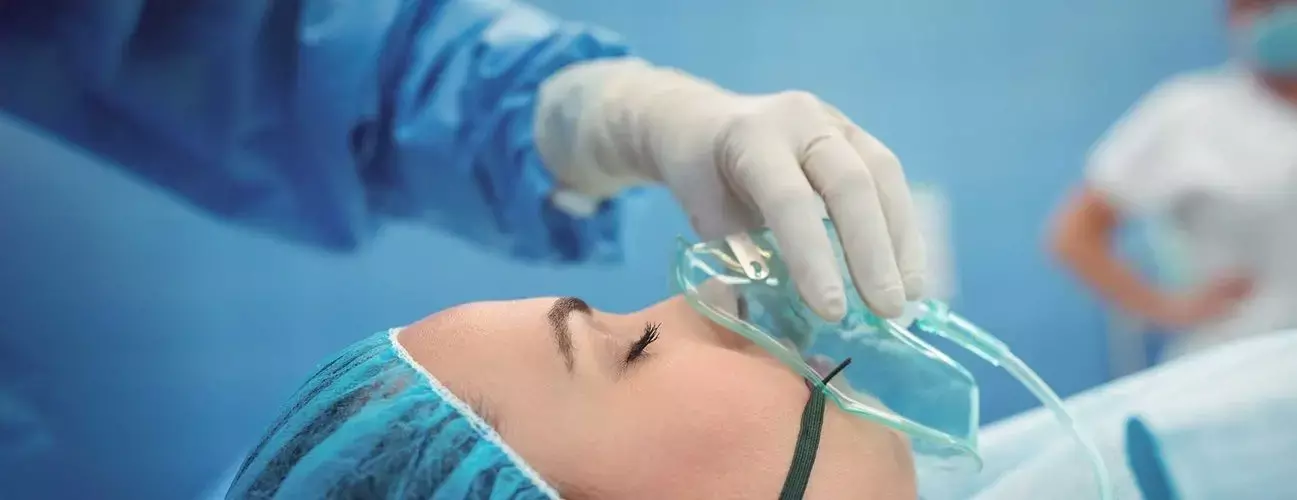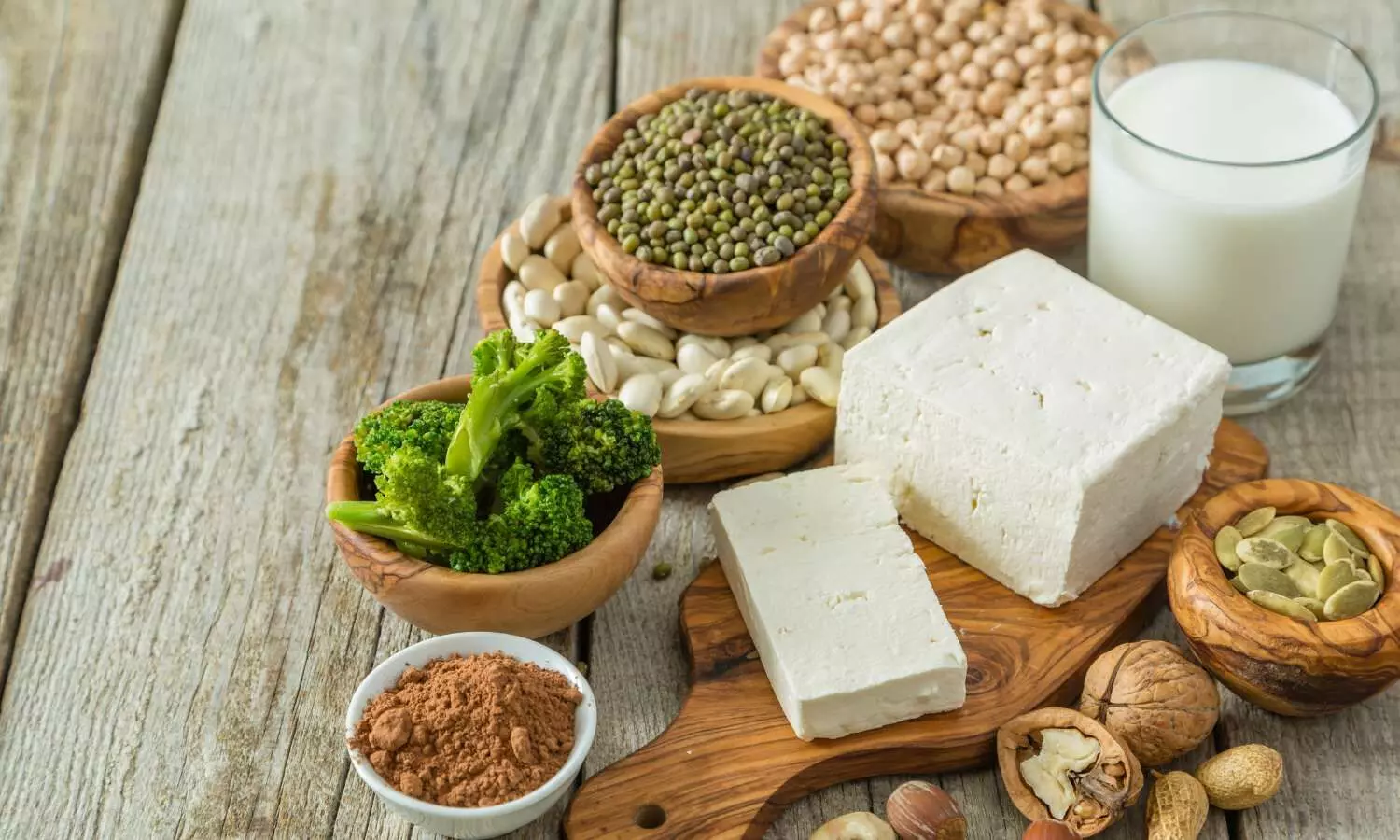- Home
- Medical news & Guidelines
- Anesthesiology
- Cardiology and CTVS
- Critical Care
- Dentistry
- Dermatology
- Diabetes and Endocrinology
- ENT
- Gastroenterology
- Medicine
- Nephrology
- Neurology
- Obstretics-Gynaecology
- Oncology
- Ophthalmology
- Orthopaedics
- Pediatrics-Neonatology
- Psychiatry
- Pulmonology
- Radiology
- Surgery
- Urology
- Laboratory Medicine
- Diet
- Nursing
- Paramedical
- Physiotherapy
- Health news
- Fact Check
- Bone Health Fact Check
- Brain Health Fact Check
- Cancer Related Fact Check
- Child Care Fact Check
- Dental and oral health fact check
- Diabetes and metabolic health fact check
- Diet and Nutrition Fact Check
- Eye and ENT Care Fact Check
- Fitness fact check
- Gut health fact check
- Heart health fact check
- Kidney health fact check
- Medical education fact check
- Men's health fact check
- Respiratory fact check
- Skin and hair care fact check
- Vaccine and Immunization fact check
- Women's health fact check
- AYUSH
- State News
- Andaman and Nicobar Islands
- Andhra Pradesh
- Arunachal Pradesh
- Assam
- Bihar
- Chandigarh
- Chattisgarh
- Dadra and Nagar Haveli
- Daman and Diu
- Delhi
- Goa
- Gujarat
- Haryana
- Himachal Pradesh
- Jammu & Kashmir
- Jharkhand
- Karnataka
- Kerala
- Ladakh
- Lakshadweep
- Madhya Pradesh
- Maharashtra
- Manipur
- Meghalaya
- Mizoram
- Nagaland
- Odisha
- Puducherry
- Punjab
- Rajasthan
- Sikkim
- Tamil Nadu
- Telangana
- Tripura
- Uttar Pradesh
- Uttrakhand
- West Bengal
- Medical Education
- Industry
Neurosurgical patients having GA without neuromuscular blocking more liable to have Intraoperative coughing

A new study found that the incidence of intraoperative coughing was nearly 1.8% in neurosurgical patients undergoing general anesthesia without neuromuscular blockade. High peak inspiratory pressure (PIP) was found to be a significant predictor of intraoperative coughing in these patients. The study results were published in the journal BMC Anesthesiology.
During positive pressure breathing, the airway pressure affects the endotracheal cuff pressure. Intraoperative coughing, which can be hazardous during neurosurgery, may be associated with high endotracheal cuff pressure. Hence Hyongmin Oh et al from the Republic of Korea conducted a study to look at the incidence of intraoperative coughing and its relationship to peak inspiratory pressure (PIP) during neurosurgery under general anesthesia without neuromuscular blockade.
In this retrospective study 1656 neurosurgical patients who underwent total intravenous anesthesia without additional neuromuscular blockade after tracheal intubation were divided into high (PIP > 21.6 cmH2O, n = 318) and low (PIP ≤ 21.6 cmH2O, n = 1338) PIP groups. Based on the propensity score matching, 206 patients were selected for each group. Using the electronic medical records, patients' demographic, preoperative, surgical, and anesthetic data were collected retrospectively. Continuous ventilator, infusion pump, and bispectral index data were collected from a data registry.
Key findings:
- Intraoperative coughing occurred in 30 (1.8%) patients, including 9 (0.5%) during the main surgical procedure.
- Intraoperative coughing was more frequent in the high PIP group than in the low PIP group before ([4.4%] vs. [1.2%]) and after ([6.3%] vs. [0.5%]) propensity score matching.
- A high PIP, tidal volume divided by predicted body weight, and surgical duration predicted intraoperative coughing in multivariable logistic regression analysis after propensity score matching.
Intraoperative coughing that occurs during neurosurgery is a major concern for anesthesiologists and neurosurgeons. Through the present study, the researchers concluded that high PIP can significantly predict intraoperative coughing in neurosurgical patients who underwent general anesthesia without neuromuscular blockade.
Further reading: Oh, H., Sohn, J.Y., Ma, S. et al. High peak inspiratory pressure may be associated with intraoperative coughing during neurosurgery under general anesthesia without neuromuscular blockade: a retrospective study. BMC Anesthesiol 23, 123 (2023).https://doi.org/10.1186/s12871-023-02080-6
BDS, MDS
Dr.Niharika Harsha B (BDS,MDS) completed her BDS from Govt Dental College, Hyderabad and MDS from Dr.NTR University of health sciences(Now Kaloji Rao University). She has 4 years of private dental practice and worked for 2 years as Consultant Oral Radiologist at a Dental Imaging Centre in Hyderabad. She worked as Research Assistant and scientific writer in the development of Oral Anti cancer screening device with her seniors. She has a deep intriguing wish in writing highly engaging, captivating and informative medical content for a wider audience. She can be contacted at editorial@medicaldialogues.in.
Dr Kamal Kant Kohli-MBBS, DTCD- a chest specialist with more than 30 years of practice and a flair for writing clinical articles, Dr Kamal Kant Kohli joined Medical Dialogues as a Chief Editor of Medical News. Besides writing articles, as an editor, he proofreads and verifies all the medical content published on Medical Dialogues including those coming from journals, studies,medical conferences,guidelines etc. Email: drkohli@medicaldialogues.in. Contact no. 011-43720751




